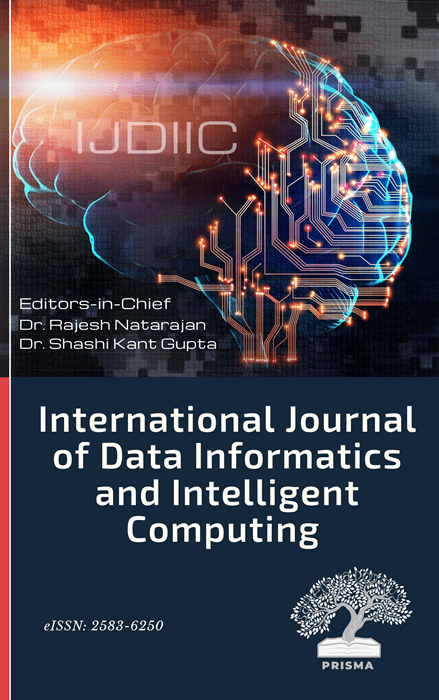Melanoma classification using deep transfer learning
DOI:
https://doi.org/10.59461/ijdiic.v1i1.8Keywords:
Benign, Malignant, Melanoma, Machine learning, Deep learningAbstract
Melanoma is the most lethal type of skin cancer, despite the fact that individuals who are discovered early have a decent chance of recovering. A few creators have looked at various strategies to deal with programmed location and conclusion using design recognition and AI technology. Anticipating an infection so that it does not spread It is often helpful when doctors can diagnose an illness early on and spread throughout the body. Early disease detection is quite difficult due to the small number of screening populations. Whatever the case, it will take time to determine if it is harmless or hazardous. Assume the afflicted person sees a critical specialist for analysis, unaware that the critical specialist's knowledge has resulted in a cancerous development. This is where AI and deep learning technologies become a vital component of an effective mechanised determination framework, which might help doctors forecast infections much more swiftly and even ordinary people analyse a sickness. Our study endeavour addresses the issues of increased clinical expenditures associated with discovery, lower Precision in recognition and the manual discovery framework's mobility. System for Detecting Malignant Growths in Melanoma is a deep learning-based predictive model that leverages thermoscope pictures.
Downloads
Downloads
Published
How to Cite
Issue
Section
License
Copyright (c) 2022 Mounika Nookala, Bhumireddy yasaswi, Chindanooru Sai Joshna, Illuru Vandana

This work is licensed under a Creative Commons Attribution-ShareAlike 4.0 International License.








